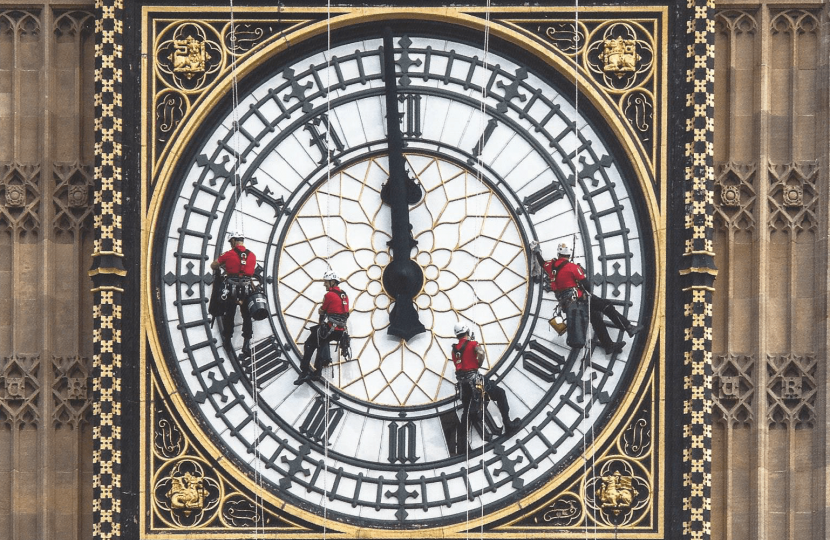
Select Committees work in both Houses of Parliament. They check and report on areas ranging from the work of government departments to economic affairs. The results of these inquiries are public and many require a response from the government.
Differences between the two Houses
House of Commons Select Committees are largely concerned with examining the work of government departments. Committees in the House of Lords concentrate on four main areas: Europe, science, economics, and the UK constitution.
Commons Select Committees
There is a Commons Select Committee shadowing each government department, examining three aspects: spending, policies and administration.
These departmental committees have a minimum of 11 members, who decide upon the line of inquiry and then gather written and oral evidence. Findings are reported to the Commons, printed, and published on the Parliament website. The government then usually has 60 days to reply to the committee's recommendations.
Some Select Committees have a role that crosses departmental boundaries such as the Public Accounts or Environmental Audit Committees. Depending on the issue under consideration they can look at any or all of the government departments.
Other Commons Committees are involved in a range of on-going investigations, like administration of the House itself or allegations about the conduct of individual MPs.
Following the adoption by the House of recommendations from the Reform of the House of Commons Committee:
the majority of Select Committee Chairs are now elected by their fellow MPs. This applies to departmental committees and the Environmental Audit, Political and Constitutional Reform, Procedure, Public Administration and Public Accounts committees. For example my West Sussex colleague and Chichester MP, Andrew Tyrie, became the first MP to be elected by other MPs to chair the influential Treasury select committee.
a Backbench Business Committee has been established with the ability to schedule business in the Commons Chamber and in Westminster Hall on days, or parts of days, set aside for non-government business.
Lords Select Committees
Lords Select Committees do not shadow the work of government departments. Their investigations look into specialist subjects, taking advantage of the Lords' expertise and the greater amount of time (compared to MPs) available to them to examine issues.
There are currently five major Lords Select Committees:
- the European Union Committee
- the Science and Technology Committee
- the Communications Committee
- the Constitution Committee
- the Economic Affairs Committee
These five committees are re-appointed at the beginning of a new session. Each one runs inquiries and reports on issues within their specific areas. Occasionally, other committees are set up to look at issues outside of the five main groups.
Public Bill Committees (Standing Committees)
In the House of Commons, public bill committees (known as standing committees before 2006) consider Bills – proposed Acts of Parliament. The House of Lords does not have such committees, as Bills are usually considered by the House as a whole.
When a Bill has received its Second Reading in the House of Commons, it reaches its committee stage. The Bill is then usually sent to a public bill committee for consideration. However, some bills are considered not by a public bill committee but by a Committee of the Whole House; in this case, amendments are proposed and discussed by the entire House of Commons. This applies to some key clauses of Finance Bills, which are proposed by the Chancellor every year in March/April, and to some bills of constitutional significance such as the 1998/99 House of Lords Reform Bill.
The job of public bill committees is to debate and consider amendments to a Bill. The committee considers each Bill clause by clause, and may amend it (the House then considers the bill as amended at the Bill's Report Stage). Under the post-2006 House of Commons procedure, public bill committees may take a limited amount of evidence (akin to a select committee) on certain bills committed to them from outside experts and special interest groups.
The composition of the committee is roughly proportional to that of the House itself. As the overall purpose of a Bill has been set by its Second Reading in the House, amendments at the committee stage may not make drastic changes. The amended bill will then usually repeat this scrutiny exercise in the House of Lords although some bills can start there and finish in the Commons before receiving Royal Assent.
